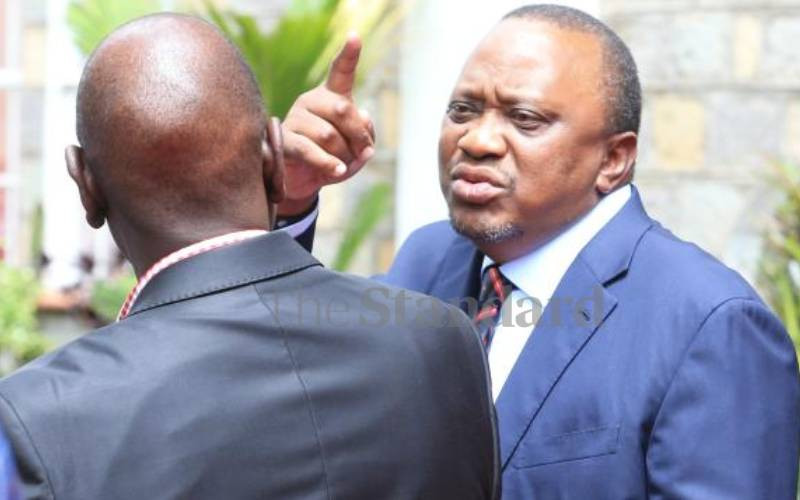×
The Standard e-Paper
Kenya’s Boldest Voice

As the swearing-in of the fifth President gets underway tomorrow, focus will be on President Uhuru Kenyatta and President-elect, William Ruto.
Even after the outcome of the presidential election, it appears nothing has changed in the relationship between the country's top leaders.